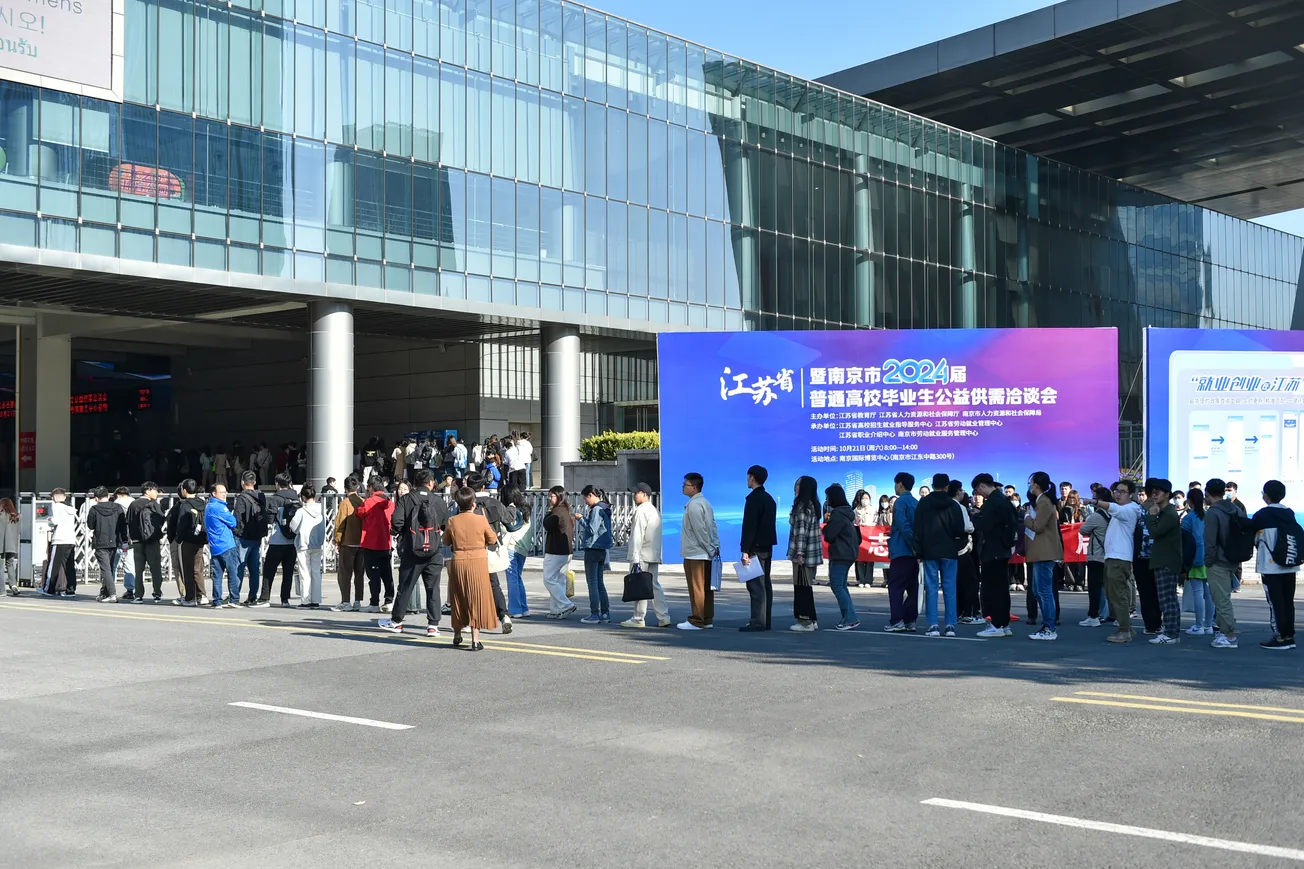Last month, a Beijing-based employee of Astellas Pharma Inc., a Japanese pharmaceutical company, was arrested by Chinese authorities. According to a Foreign Ministry spokesperson, "This Japanese citizen is suspected of engaging in espionage activities." As usual, details surrounding the detention are scarce, and ambiguities abound.
Beijing is hardly known for transparency or as a fount of information. In China, state presence in private business is the norm. The situation is unlikely to change under President Xi Jinping, striving to establish a new order of "socialism with Chinese characteristics."
The President's regulatory crackdowns on the business world have sent shockwaves through many of the economy's crucial sectors, like real estate and the tech industry. But, after taking over for an unprecedented third term, President Xi, through his Premier Li, had assured the private sector of "unswerving" support.
The Chinese economy is struggling to recover from stringent Zero Covid measures, which put the country in lockdown for months and brought its manufacturing units to their knees. Even as Beijing woos foreign investments to boost its sluggish economy, ambiguous laws, and ad hoc enforcements create an unfriendly business environment.
The anti-espionage law under which the Japanese pharma employee was arrested came into force on November 1, 2014. The law aims to combat espionage activities that threaten China's national security. But, such a crucial piece of legislation fails to satisfactorily and explicitly define "national security" or what constitutes "espionage activities."
The law imposes strict regulations on foreign companies operating in China, requiring them to provide detailed information about their activities and submit to government scrutiny. In extreme cases, those found guilty of these crimes can face severe punishments, including lengthy prison terms and even the death penalty.
The vague provisions of the law are left to broad interpretations. In addition, there is a lack of clarity on how the law will be enforced. A few ambiguities and issues associated with the law are:
1. Vague Definitions: The main issues with the law are the vague definitions of espionage and national security. It does not provide clear guidelines on what constitutes espionage, leading to confusion among domestic and foreign entities.
2. Lack of Transparency: The law does not specify the procedures for handling espionage cases, leaving room for potential abuse of power. Additionally, the law requires foreign companies to provide detailed information about their activities, but it does not specify how this information will be used or protected.
3. Implications for Human Rights: The law's broad scope and lack of clarity have raised concerns the law could be used to suppress dissent and target political activists, journalists, and others who express views that are critical of the government.
4. Extraterritorial Reach: The legislation allows Chinese authorities to take action against individuals and organizations based outside China if they engage in activities that endanger China's national security. This has raised concerns about the law's extraterritorial reach and its potential impact on foreign companies and individuals.
5. Lack of Due Process: The law allows for the detention of suspects without due process for up to six months, raising concerns about arbitrary detention and abuse of power.
6. Cyber Espionage: The law's provisions on cyber espionage have also been debated. The law allows for punishing individuals and organizations that engage in cyber espionage but does not provide clear guidelines on what constitutes cyber espionage.
The legislation's broad scope and lack of clarity have raised concerns about its potential impact and scope for misuse. Critics have raised concerns about the law's potential impact on human rights and freedom of speech. Some argue that the law could be used to target dissidents and restrict access to information.
Undeterred by criticism, debate, and calls for more clarity, the law has been in effect for nearly a decade. By some estimates, about seventeen Japanese citizens, from trading house employees to academics, have been detained under the law for allegedly engaging in espionage.
Prominent Chinese businesspersons on the mainland and in Taiwan regularly disappear from the public eye, only to reappear later without clear explanations. Jack Ma made headlines around the world when he went missing for months. Beijing's hands are suspected to be behind such occurrences.
No amount of international criticism or uproar is likely to change China's course. In the name of strengthening its counterintelligence capabilities and safeguarding its sovereignty, Beijing has put in place laws that put citizens and expats at risk of detention and detainment.
But President Xi's economic dream is in dire need of foreign investment. The international business world's aversion to working with vague "espionage" laws and extensive national security gamut may force Beijing to bring much-needed clarity to the anti-espionage law.
Like our insights? Show your support by becoming a paid subscriber!
Want to show your appreciation? Donate









